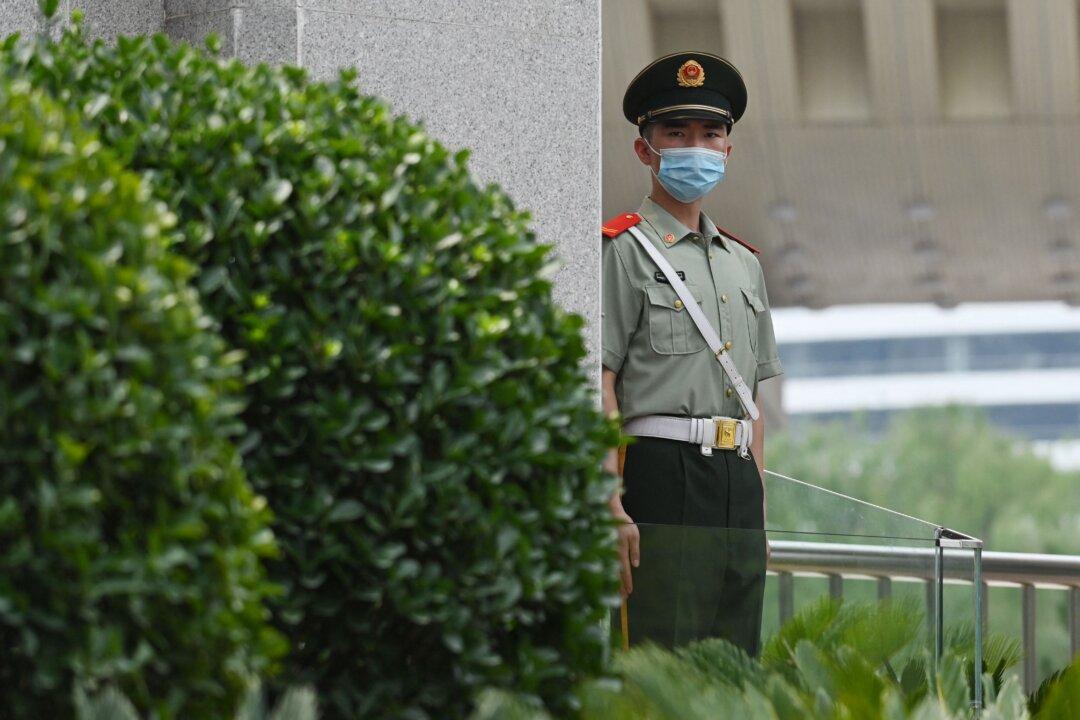The world’s second-largest economy is in bleak shape.
China’s consumer sector fell into deflation in July for the first time in two years. Global demand for Chinese products has weakened, sending imports and exports tumbling. Millions of young people are jobless. The huge property sector, once a pillar in fueling China’s economic growth, is on the verge of a meltdown.





